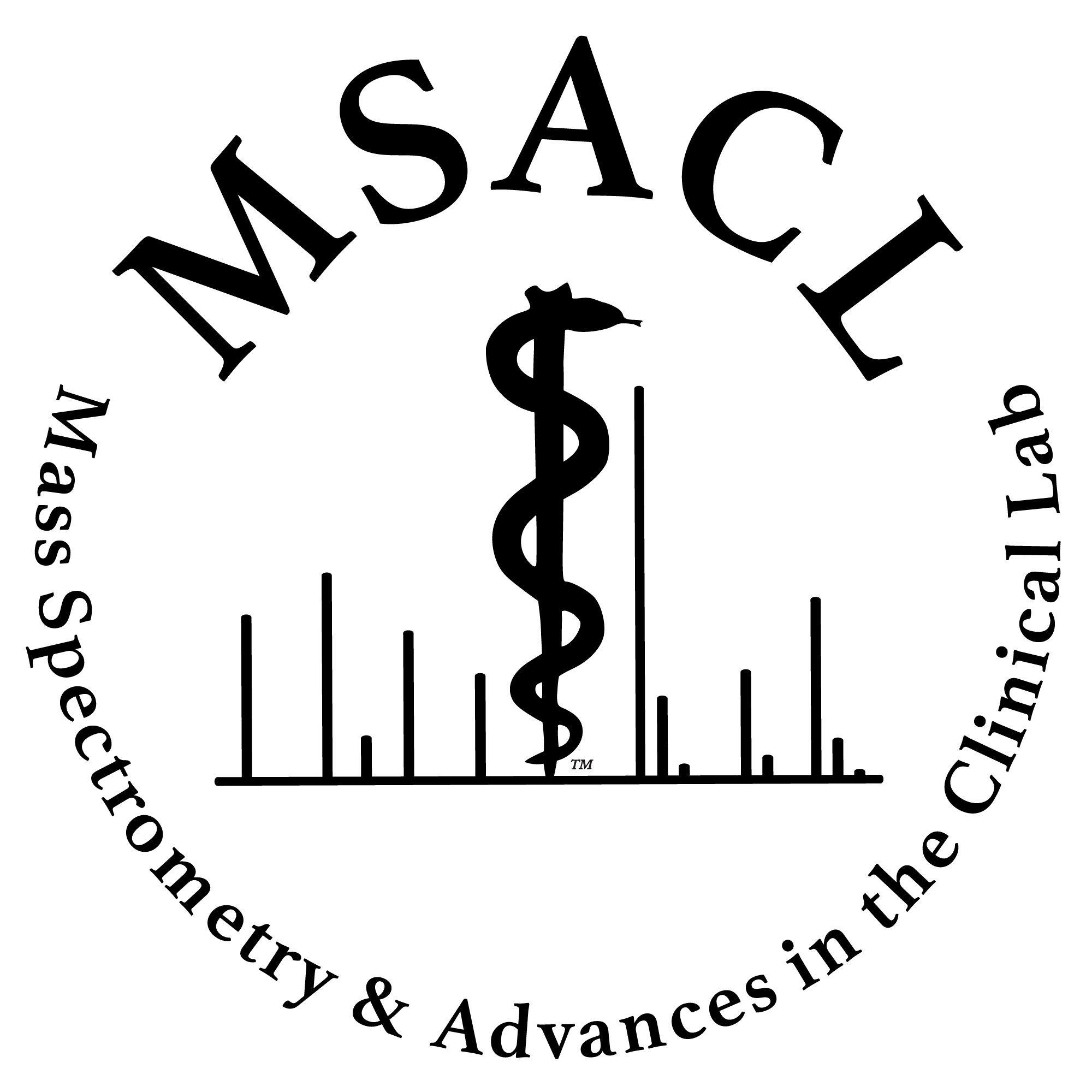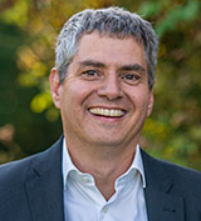|
||||||||||||||||
|
Summary Clinical studies have demonstrated that the naturally occurring stable Ca isotope ratio of 44Ca/42Ca (δ44/42Ca) in serum and urine is a significant and non-invasive predictor of bone mineral balance (BMB). This has led to successful clinical validation and launch of the first clinical diagnostic test based on a Calcium Isotope Fractionation ICP-MS method for early detection and therapeutic monitoring of osteoporosis (OsteoTest). From routine testing of > 3,500 OsteoTest samples to date from several EU countries the method may have wider applicational use with respect to secondary osteoporotic effects, as well as Chronic Kidney Disease and related vascular calcification. The presenter will also discuss first feasibility studies shown to demonstrate potential use of the underlying technology for bone metastases related to prostate cancer. |
||||||||||||||||

